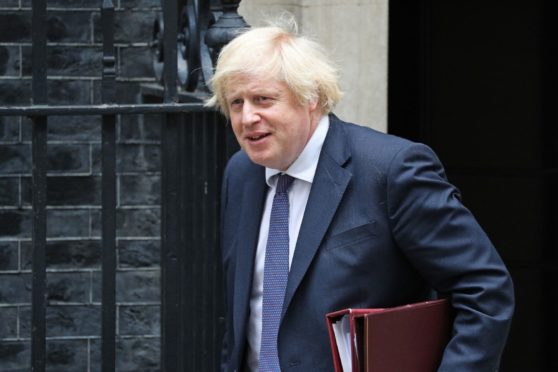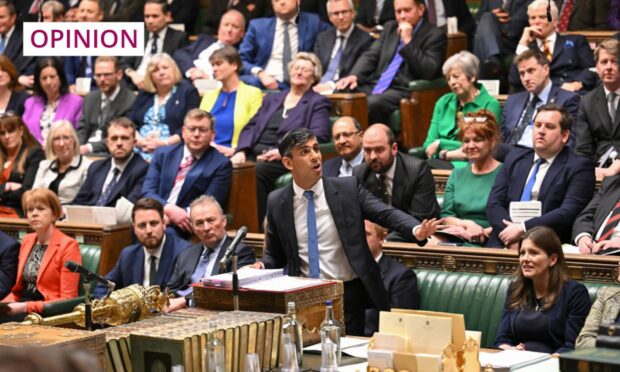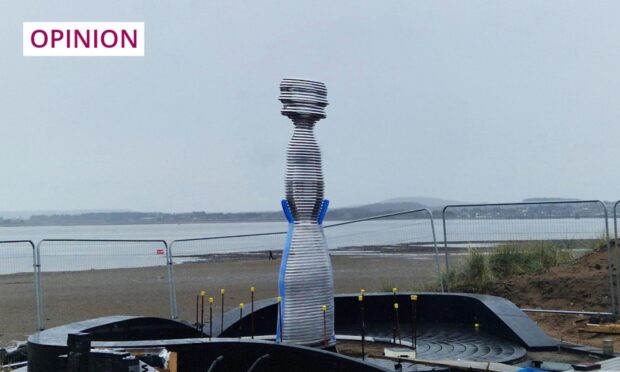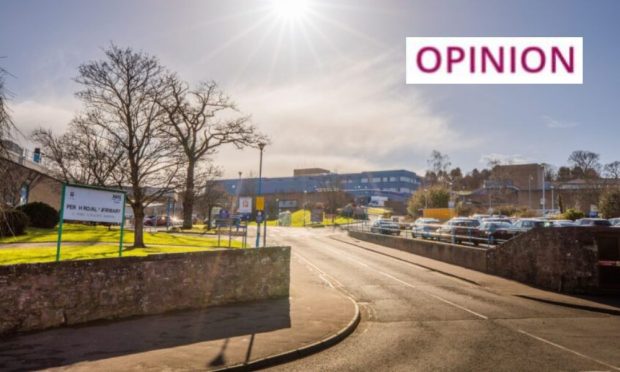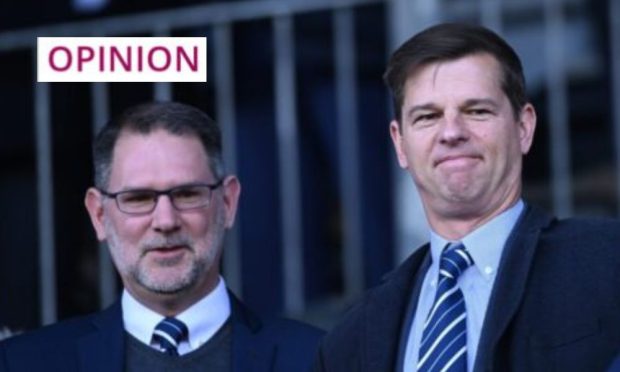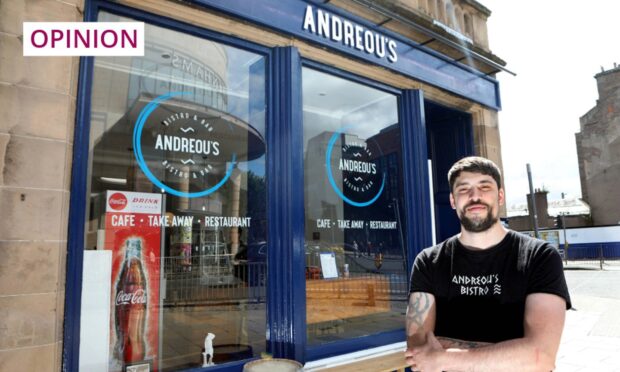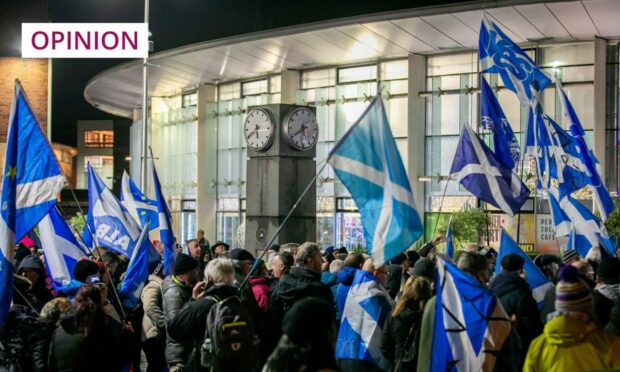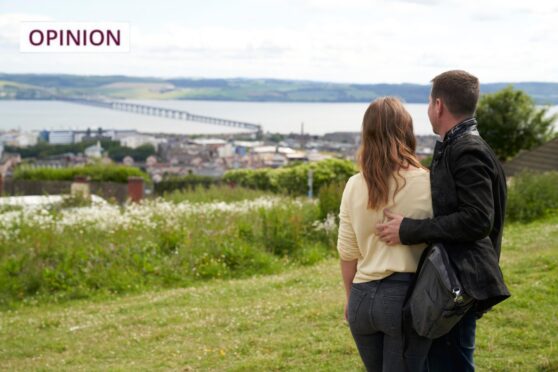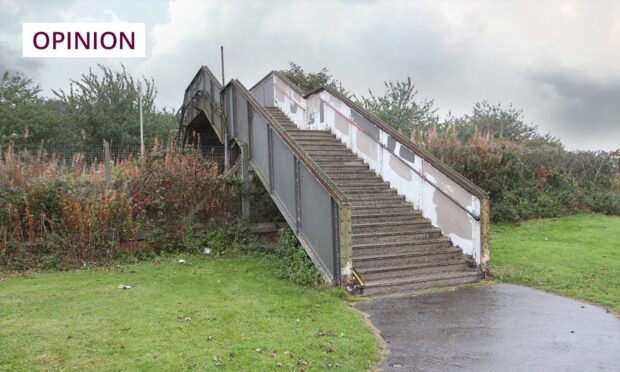Sir, – It has been interesting to note Boris Johnson likening his proposed £5 billion infrastructure investment to that of the Franklin Delano Roosevelt’s New Deal in the US in the 1930s.
This is highly disingenuous given the gulf between Mr Johnson’s proposals and the New Deal of Roosevelt.
The US president spent about $41.7bn on the New Deal, and about £10.1bn in 1931.
Or, to put it another way, twice that of Boris Johnson’s proposed New Deal in actual cash terms 90 years later.
Roosevelt’s New Deal expenditure would equate to about $700bn in today’s money, around £570bn, although some estimates put it as high as £800 billion.
It should also be noted that the figures announced by Mr Johnson amount to just 0.2% of the UK’s economic output.
In comparison Roosevelt’s economic stimulus is estimated to have represented 40% of the US’s 1929 economic output.
It is also far outweighed by Germany’s recently announced £120 billion stimulus package, accounting to nearly 4% of that country’s economic output.
One would suspect there is also more than meets the eye to what is actual genuine new money when it comes to Mr Johnson’s stimulus package.
In looking at these figures, Mr Johnson’s deal is far from ideal.
Alex Orr.
Flat 3, 2 Marchmont Road, Edinburgh.
Action rather than rhetoric
Sir, – Boris Johnson has promised we will bounce back into recovery following lockdown.
His words however should be understood in the context of his other promises that have been empty rhetoric.
Financial support will be needed to avoid the raft of redundancies, to train and skill our young people, and help businesses recover.
It is important therefore for Scotland to be granted full fiscal powers in order to meet the needs of Scottish interests.
This is a chance for Scotland to be innovative in rebuilding the country, to create a fairer and more equitable society.
A more cohesive society will positively impact on the economic performance of the country and enhance social well being.
Mary Ward.
4 Old Brechin Road,
Lunanhead.
Ferry ride for first minister
Sir, – Northern Ireland has done almost twice as well as Scotland on Covid, with 46 deaths per 100,000 nearly half Scotland’s 74 and England’s 82, despite their population density (136 per square kilometre) being twice Scotland’s and having only restored devolved government a few months ago.
Scotland has apparently had 13 fantastic years of devolved SNP government.
Nicola Sturgeon should take a ferry to Northern Ireland and ask how they used their shaky devolved powers to overcome what we’re told is the biggest crisis to face the UK since 1945.
Before they copy our ideas and close their border to us doubly infectious Scots.
Allan Sutherland.
1 Willow Row,
Stonehaven.
Closing border won’t work
Sir, – There is little logic in discouraging English tourists coming to Scotland as it will further depress our economy.
When analysing figures for the spread of the virus in England more than three quarters of district councils and London boroughs are showing a decrease in cases. Local spikes are in defined areas.
The real elephant in the room is the areas where new cases are growing, as all can be described as urban, densely populated, and ethnically diverse.
With present racial tensions it will be very difficult to take effective action.
The fastest growth of new cases in England is the London Borough of Brent where only 36% of the residents are white.
As in Scotland there are many areas which have seen no new recent cases which would suggest a different approach away from national lockdown is required.
Eric Gibbons.
Coldingham Place,
Dunfermline.
Neighbours and not enemies
Sir, – The letter from Douglas Cowe (So now we want English tourists?, Courier, June 29), completely misses the point, as he seems to imply we will only welcome tourists from England in future to “save our hospitality businesses”.
We in Scotland have a reputation for being an open, welcoming nation to people from all and any nation who wish to come and visit our country.
If we become a normal independent country, we will not become overnight enemies of those south of the border.
Indeed many, including myself, have relatives in England.
Instead we will be friendly neighbours, and will treat England with the same respect as any of our other European friends.
Graham Smith.
Charles Avenue,
Arbroath.
Masks protect others from you
Sir, – Much discussion on the radio this morning regarding the use or rather the non-use of masks in closed environments, like shops.
Radio commentators became contributors saying that we the general public are not conforming to the good guidance.
Phone-in contributors said they would never wear a mask while others had the exact opposite view, stating they always wear a mask.
So what is the problem?
The mask is to protect others from you.
But ‘I am ok, I have no symptoms’ you might say.
You could be infected and ‘shedding virus’ without symptoms from between two to seven days after becoming infected.
You may be one of the very unusual people that do not get symptoms and continue to spread the virus.
A super spreader.
Wearing a mask cuts down the risk of the wearer catching the virus from someone and cuts down the amount of virus being shed into the environment by an infected person who doesn’t know yet that they are infected.
It doesn’t completely stop the virus, but reduces the distance it travels in still air.
As soon as the person becomes unwell, it is critical they phone for a test, and self-isolate as the test and protect programme advises.
So ‘mask-up’ in shops, protect others from you.
Alistair Ballantyne.
Birkhill,
Angus.
Trans debate is complex
Sir, – I was pleased to see the letter by two ladies named Laura MacLaren and Rebecca McLune (Do not strip trans women of their identity, Courier, June 30) righly exposing columnist Jenny Hjul’s misunderstanding of the complexities of the human reproduction system which, for reasons best known to itself, does not result in the delivery of the widely accepted concept of what is commonly regarded as either male or female.
The problem is genetic makeup over which nature has full control and hereditary factors too make their contribution.
I speak as someone who fits the generally accepted definition of male who married a lady who was likewise labelled a female.
Allan MacDougall.
37 Forth Park,
Bridge of Allan.
